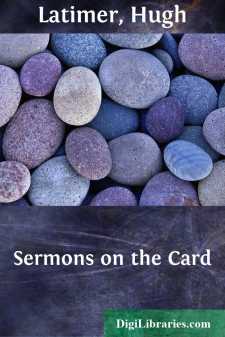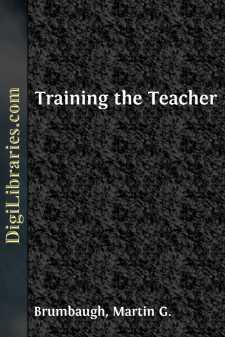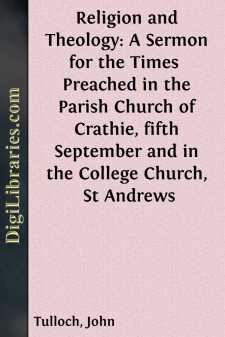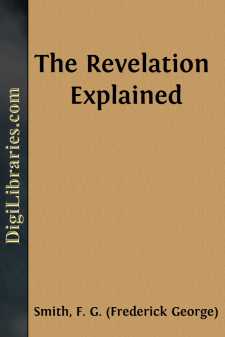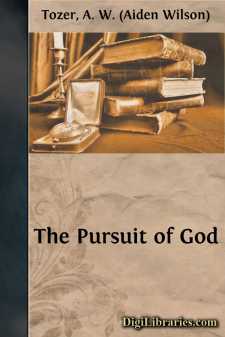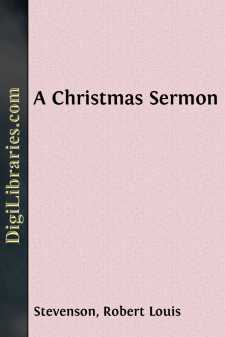Categories
- Antiques & Collectibles 13
- Architecture 36
- Art 48
- Bibles 22
- Biography & Autobiography 813
- Body, Mind & Spirit 142
- Business & Economics 28
- Children's Books 17
- Children's Fiction 14
- Computers 4
- Cooking 94
- Crafts & Hobbies 4
- Drama 346
- Education 46
- Family & Relationships 57
- Fiction 11829
- Games 19
- Gardening 17
- Health & Fitness 34
- History 1377
- House & Home 1
- Humor 147
- Juvenile Fiction 1873
- Juvenile Nonfiction 202
- Language Arts & Disciplines 88
- Law 16
- Literary Collections 686
- Literary Criticism 179
- Mathematics 13
- Medical 41
- Music 40
- Nature 179
- Non-Classifiable 1768
- Performing Arts 7
- Periodicals 1453
- Philosophy 64
- Photography 2
- Poetry 896
- Political Science 203
- Psychology 42
- Reference 154
- Religion 513
- Science 126
- Self-Help 84
- Social Science 81
- Sports & Recreation 34
- Study Aids 3
- Technology & Engineering 59
- Transportation 23
- Travel 463
- True Crime 29
Sermons on the Card
by: Hugh Latimer
Description:
Excerpt
INTRODUCTION.
Hugh Latimer, a farmer’s son, was born about the year 1491, at Thurcaston, in Leicestershire. He was an only son, with six sisters, who were all well cared for at home. He was a boy of fourteen when sent to Clare College, Cambridge. When about twenty-four years old, he had obtained a college fellowship, had taken the degree of Master of Arts, and was ordained Priest of the Roman Church at Lincoln. In 1524, at the age of about thirty, he proceeded to the degree of B.D., and on the occasion of his doing so he argued publicly for the Pope’s authority against opinions of Melancthon. Thomas Bilney went afterwards to Latimer’s rooms, gave him his own reasons for good-will to the teaching of Melancthon, and explained to him his faith as a Reformer in a way that secured Latimer’s attention. Latimer’s free, vigorous mind, admitted the new reasonings, and in his after-life he looked always upon “little Bilney” as the man who had first opened his eyes.
With homely earnestness Latimer began soon to express his new convictions. His zeal and purity of life had caused him to be trusted by the University as a maintainer of old ways; he had been appointed cross-bearer to the University, and elected one of the twelve preachers annually appointed in obedience to a bull of Pope Alexander VI. Now Latimer walked and worked with Bilney, visiting the sick and the prisoners, and reasoning together of the needs of Christendom. The Bishop of the diocese presently forbade Latimer’s preaching in any of the pulpits of the University. Robert Barnes, prior of the Augustinian Friars at Cambridge, a man stirred to the depths by the new movement of thought, then invited Latimer to preach in the church of the Augustinians. Latimer was next summoned before Wolsey, whom he satisfied so well that Wolsey overruled the Bishop’s inhibition, and Latimer again became a free preacher in Cambridge.
The influence of Latimer’s preaching became every year greater; and in December, 1529, he gave occasion to new controversy in the University by his two Sermons on the Card, delivered in St. Edward’s Church, on the Sunday before Christmas, 1529. Card-playing was in those days an amusement especially favoured at Christmas time. Latimer does not express disapproval, though the Reformers generally were opposed to it. The early statutes of St. John’s College, Cambridge, forbade playing with dice or cards by members of the college at any time except Christmas, but excluded undergraduates even from the Christmas privilege. In these sermons Latimer used the card-playing of the season for illustrations of spiritual truth drawn from the trump card in triumph, and the rules of the game of primero. His homely parables enforced views of religious duty more in accordance with the mind of the Reformers than of those who held by the old ways. The Prior of the Dominicans at Cambridge tried to answer Latimer’s sermon on the cards with an antagonistic sermon on the dice: the orthodox Christian was to win by a throw of cinque and quatre—the cinque, five texts to be quoted against Luther; and the quatre the four great doctors of the Church. Latimer replied with vigour; others ranged themselves on one side or the other, and there was general battle in the University; but the King’s Almoner soon intervened with a letter commanding silence on both sides till the King’s pleasure was further declared. The King’s good-will to Latimer was due, as the letter indicated, to the understanding that Latimer “favoured the King’s cause” in the question of divorce from Katherine of Arragon....


